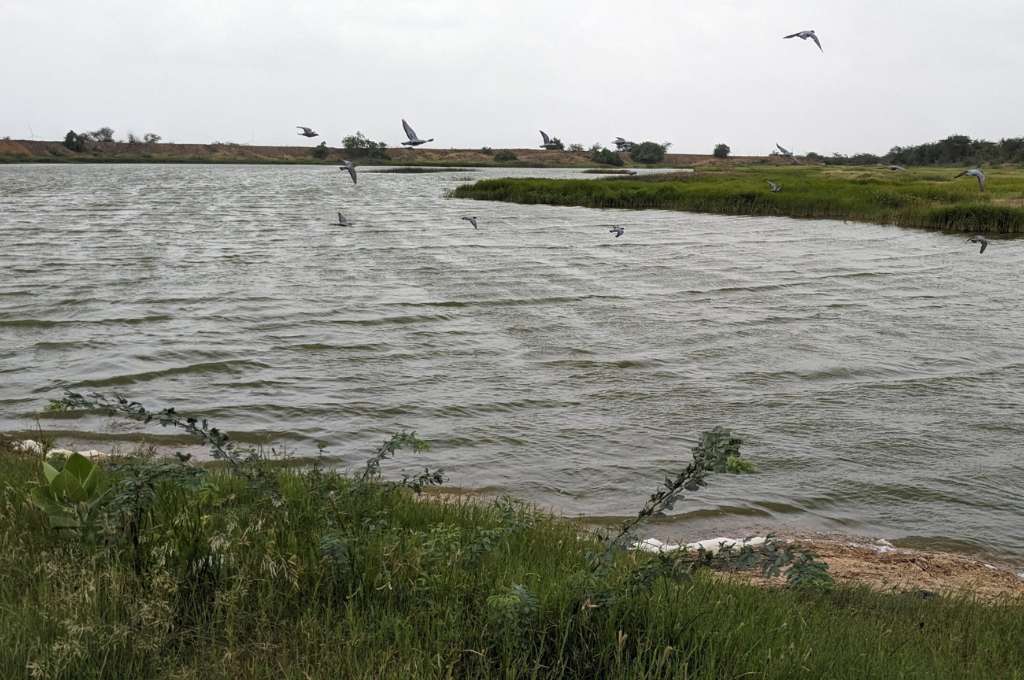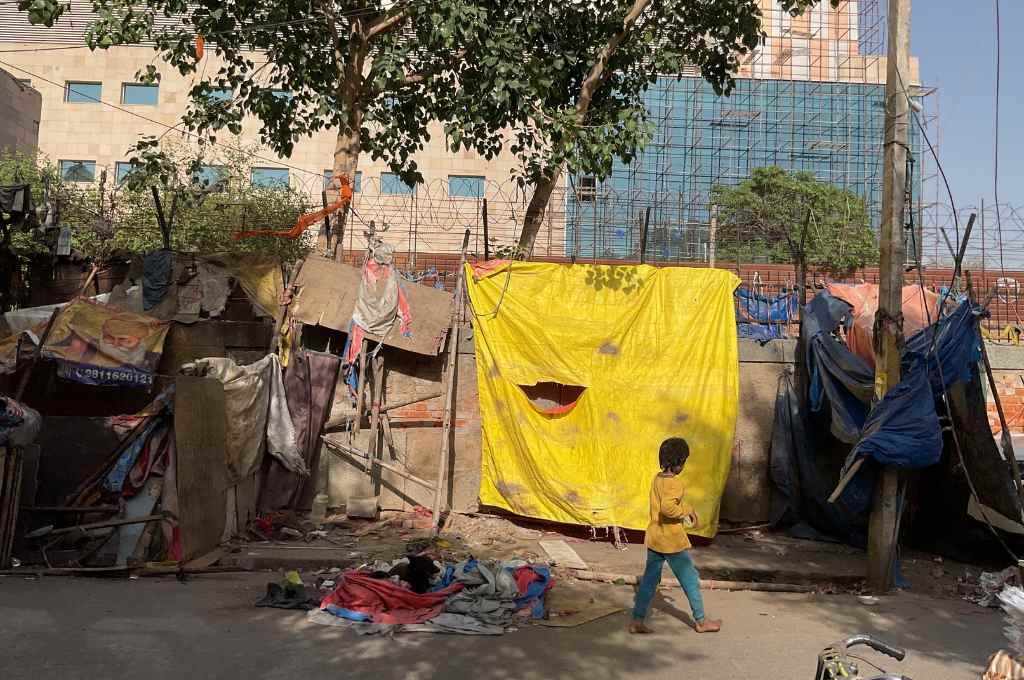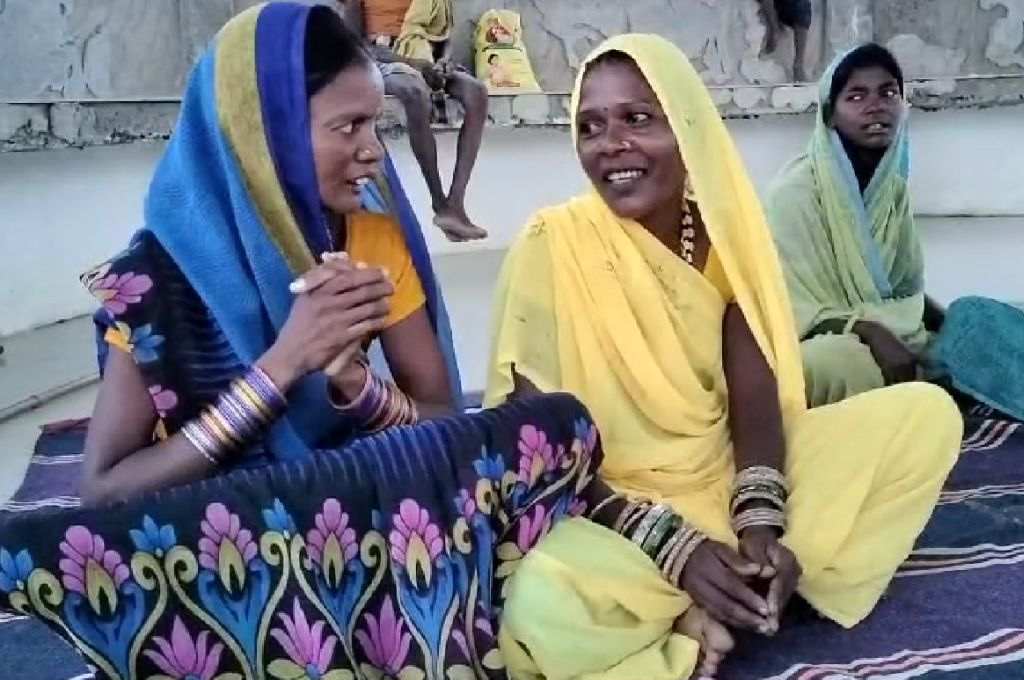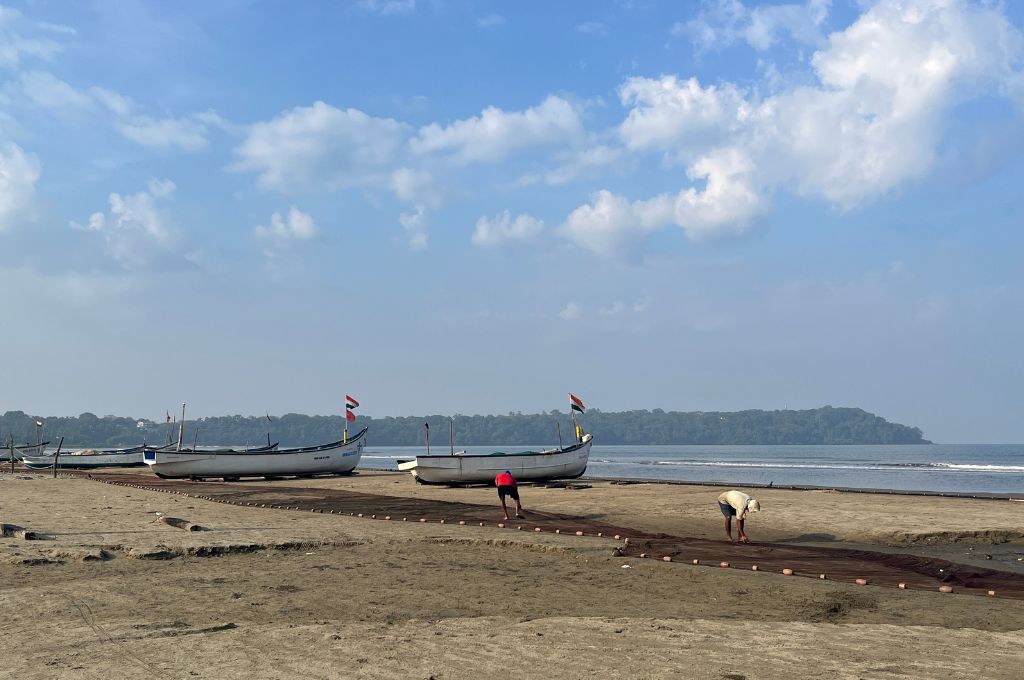Mobile relief
Two weeks ago, as migrant labourers sought to go home to their villages, the enforcement of the lockdown resulted in them being stranded in various parts of the country—far from their places of work, as well as their homes.
Many of them were moved into relief shelters, where nonprofits and governments are attempting to provide them with sufficient food supplies. However, one of the biggest challenges these stranded labourers are facing is not being able to communicate with their family members back home.
Since most of them are informal sector and daily wage workers, they are running out of money. This means they don’t have enough for even recharging their mobile phones. The inability to talk to their family members and update them of their whereabouts, or to contact any helplines to inform authorities of their situation and seek help, is making them even more vulnerable during the crisis.
In order to address this issue, we have been asking donors to add INR 100 to the care packages they are funding, specifically for the purpose of allowing migrants to pay for mobile recharges.
Ashif Shaikh is a co-founder of Jan Sahas, a human rights organisation.



